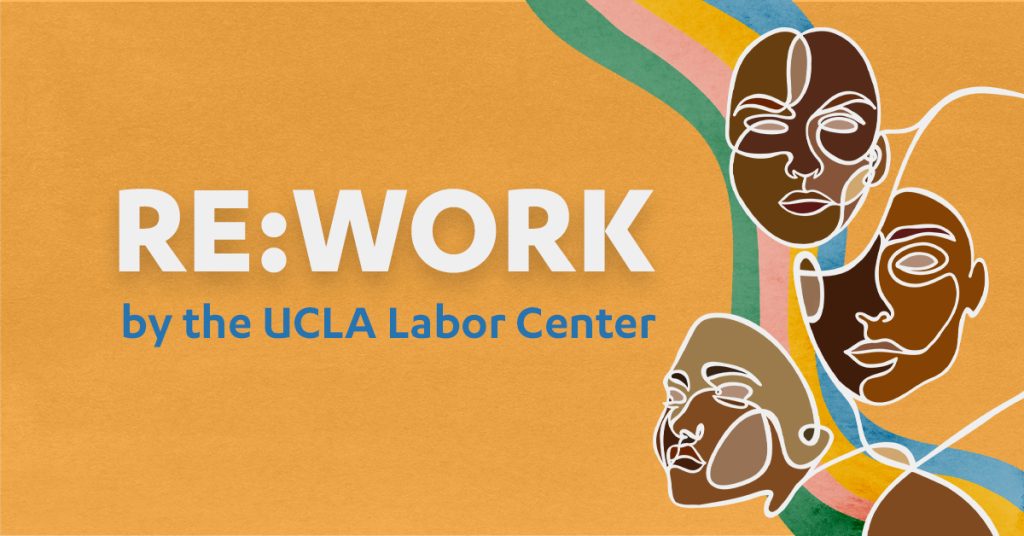Health Impact Assessment of the Proposed Los Angeles Wage Theft Ordinance
By: Fabiola Santiago, Brooke Staton, Natalia Garcia, Jill Marucut, Tia Koonse
Human Impact Partners examines the health impact of wage theft in the city of Los Angeles. A partnership with the Los Angeles Coalition Against Wage Theft.
To date, efforts to advocate for a wage theft ordinance focus exclusively on its economic benefits, but the topic has not been viewed through a public health lens. In fall 2013, Human Impact Partners and the coalition initiated a Health Impact Assessment (HIA) exploring the extent to which the proposed ordinance provisions would impact the health of workers and their families. An HIA is a systematic tool that draws on a range of data sources, research, and stakeholder input to increase understanding of how a program or policy will impact the health of the community, and increase consideration of health and equity in decision-making.
The findings of this HIA include:
- Workers lose an average of $2,070 annually.
- Low income leads to poor living conditions, impeding workers from affording safe and quality housing, maintaining food security, and other living necessities.
- Inadequate living conditions produce high levels of stress.
- Wage theft reduces income necessary to provide for the family, resulting in children less likely to succeed in school and more likely to experience developmental delays.
- Increased levels of stress leave workers feeling anxious, worried, and often times depressed.
- High levels of stress result in poor sleeping patterns—sleep deprivation also leads to poor mental and socio-emotional health.
- Stress harms family connections. The combination of a poor sense of self-sufficiency, poor living conditions, and high levels of stress taxes relationships with spouses or partners and children; this leads to poor family well-being.

